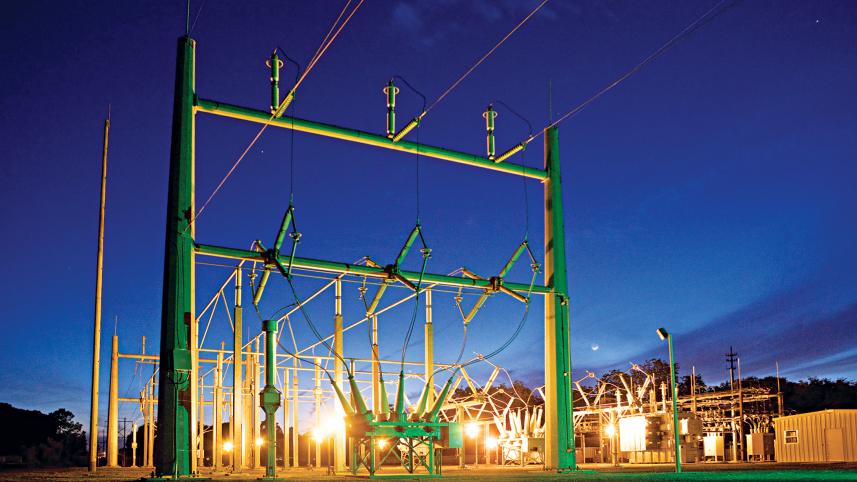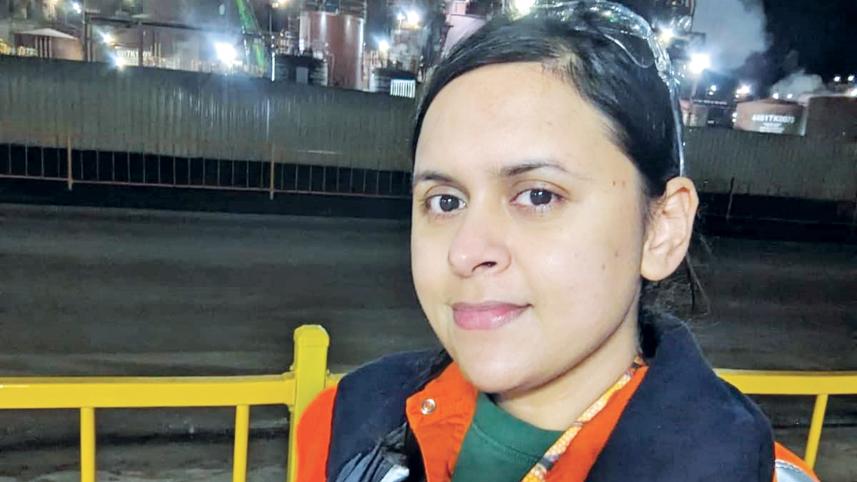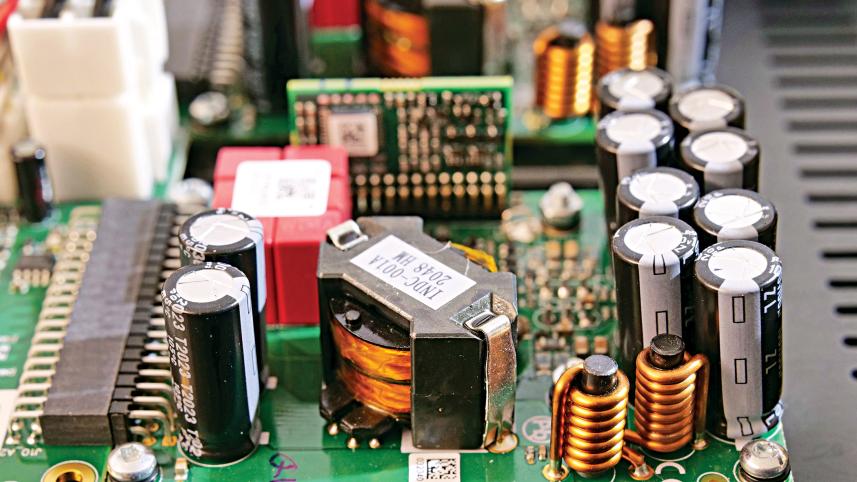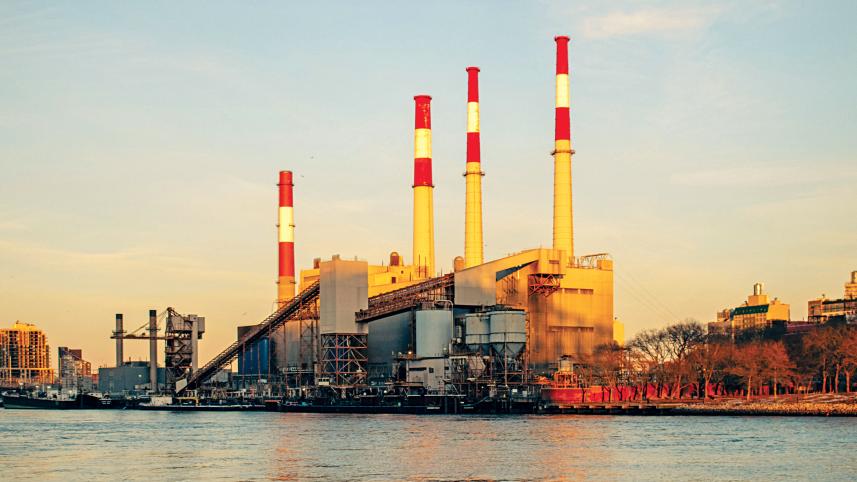From Dhaka circuits to aussie grids

Electrical and Electronic Engineering (EEE) is often seen as a tough field with limited career pathways in Bangladesh. Yet abroad, especially in countries investing heavily in clean energy and digital infrastructure, the discipline can open doors to diverse, high-value roles.

"Working in Australia taught me resilience, technical depth, and leadership. I learned the value of mentorship, inclusive teams, safety culture, and continuous learning."
In this interview with The Daily Star, Tajrian Akther, a Dhaka University graduate now working as an Electrical Commissioning specialist in BHP South Australia's Copper mines, shares her story of breaking into global opportunities. She talks about renewable power, the career gaps between Bangladesh and Australia, and the skills young Bangladeshi engineers need to thrive abroad.
The Daily Star (TDS): What types of work opportunities are available to EEE graduates in Australia, and what practical steps helped you thrive there?
Tajrian Akther (TA): EEE is highly relevant in Australia because of its push toward clean energy, infrastructure upgrades, and digital innovation. Key sectors include renewable energy (solar, wind), power systems and utilities (grid design, EV integration, home battery storage), smart grids, transportation, building services, industrial automation, robotics, and embedded systems. Mining is also a major employer, needing design and maintenance of high-voltage systems, automation, and process control.
What helped me was hands-on experience. I pursued a second Master's in Electrical (Power) Engineering from an Australian university to understand the local power sector. Learning national standards and industry regulations was crucial. Joining Engineers Australia gave me access to mentors and networking events. After graduating, I landed a role in a mining site as a Graduate Electrical Field Engineer.
TDS: Which areas of renewable or power development are advanced in Australia but lacking in Bangladesh, and why?
TA: Bangladesh has done well in rural electrification through solar home systems. But we lack large-scale renewable projects and modern energy storage. Our grid struggles with capacity and digitalisation, making it hard to integrate solar and wind at scale.
Australia leads in large-scale solar and wind, grid-connected battery storage, rooftop solar plus home batteries, and smart grid infrastructure. The difference comes down to stronger policies, steady government backing, private investment, and technical readiness. Bangladesh faces funding constraints, land scarcity, and grid congestion. But with abundant solar resources and a growing engineer workforce, the potential is there.

TDS: Why does EEE offer more visible career pathways in Australia than in Bangladesh?
TA: Three reasons: industry demand, infrastructure readiness, and long-term investment. Australia's mature sectors such as renewables, smart grids, EVs, mining, automation, these create diverse roles supported by digital infrastructure and competitive markets. Research, structured graduate programs, and professional bodies also play a big role.
In Bangladesh, most opportunities are concentrated in utilities, telecoms, or construction. High-value industries are still emerging, so role diversity is limited. But with sustained investment, policy support, and research collaboration, Bangladesh can open similar pathways.
TDS: How has your journey from Dhaka University to Australia shaped your goals, and what advice would you give to young Bangladeshi engineers?
TA: Moving from Dhaka University to Australia's mining industry was transformational. As a female engineer, I faced cultural and structural barriers early on. My advice will be to stay persistent and proactive. Build technical competence, seek internships, develop communication and leadership skills, and find mentors.

TDS: Can you describe your experience living and working in Australia?
TA: Personally, it meant greater independence, building new social networks, and balancing life far from family. Culturally, I had to adapt to a more direct communication style and become confident sharing opinions. Professionally, it was strict safety practices, new standards, and working in multidisciplinary teams. These adjustments were tough but ultimately rewarding.
TDS: Tell us about an interesting project you worked on.
TA: One of the most meaningful was the South Flank project in Western Australia, a world-class iron ore operation by BHP. I worked as a Graduate Field Engineer on the Mining Area C Power Extension Project, commissioning high-voltage electrical systems. It was fast-paced, technically demanding, and required cross-discipline teamwork in remote conditions. Being part of modernising mining operations with sustainable, automated systems was both empowering and career-defining.
TDS: What skills or certifications should Bangladeshi graduates develop to be competitive abroad?
TA: Technical proficiency is essential. Be comfortable with tools like AutoCAD, MATLAB/Simulink, ETAP, PLC programming, SCADA, and basic coding. Certifications matter too—especially globally recognised ones.
Soft skills are equally important. Engineers abroad are expected to communicate clearly, work in multicultural teams, and contribute to problem-solving. Teamwork, adaptability, and critical thinking aren't bonuses; they are part of the job.
Interview conducted by Tagabun Taharim Titun, writer, researcher and full-time TV series obsessive.




 For all latest news, follow The Daily Star's Google News channel.
For all latest news, follow The Daily Star's Google News channel.
Comments